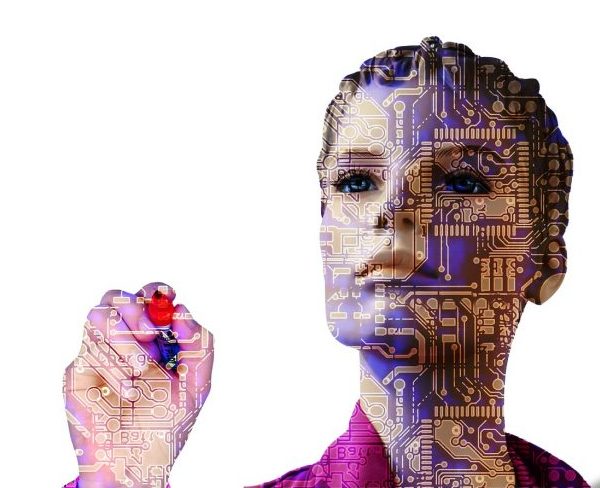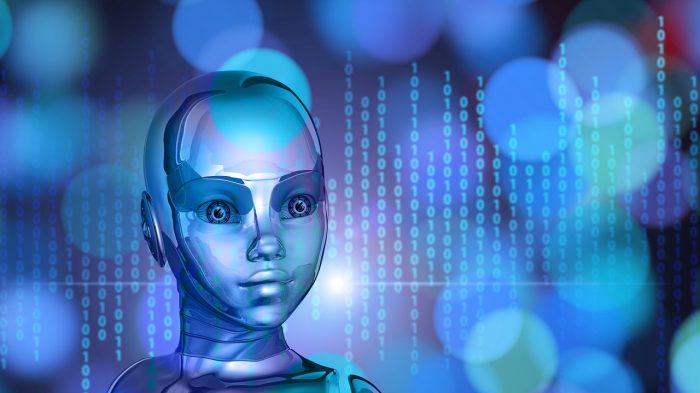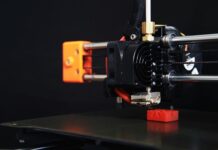“Automation” is a polarizing word in today’s culture, and for understandable reasons. Workplace automation is starting to encroach on more diverse occupations than ever before, with pharmacists, journalists, and other white-collar professions starting to be handled by machines. It’s reasonable to expect that over the next several years, we’ll see advancements previously thought impossible, and both product-based and service-based occupations will start to be more heavily automated.
As an independent business owner or remote worker, should you be concerned about this automation, or is there more good to come from it than harm?
Upsides of Automation
Obviously, there are some upsides to automation; otherwise, there wouldn’t be nearly as much demand for it. These are some of the most important benefits to keep in mind:
- Lowered costs. For most job functions, you’ll need to pay someone a salary. Automation frequently forgoes that need—or at least lowers it. A manual software tester, for example, will need to go through each step of the process, collecting pay based on hourly expenditures. An automated testing program, on the other hand, can be infinitely replicated, and doesn’t demand much in the way of compensation (other than the initial costs of software licensing, which are far less than manual labor). In this way, you could easily slash your costs in half.
- Increased convenience. In its current state, AI-based automation is best capable of handling tasks that we don’t really want to do anyway. Automated programs are handling repetitive tasks like data entry and administrative duties, which you probably don’t want to do yourself, and for which most professionals aren’t training or preparing.
- A ladder to higher skills. Some argue that automation will replace too many jobs, and that we’ll see a rise in unemployment and underemployment as a result (more on that in the next section). Perhaps the best counterargument to this is the fact that increased AI and automation will simply create newer, higher-skilled jobs in the process. After all, someone needs to design these machines. Someone needs to optimize them. Someone needs to maintain and supervise them.
Potential Repercussions
However, there are some ways that automation could negatively impact your business and career, including:
- Job displacement. Not everyone will get to climb that ladder to higher skill sets and higher salaries; the most easily automated jobs in the United States are held by people with limited education, and low socioeconomic standing. When this portion of the population becomes unemployed or underemployed, it could cause a ripple effect throughout the economy, widening the already-enormous wealth gap in the country and reducing overall American productivity. This effect would exist on a large scale, so it wouldn’t affect your business alone, but it could affect our collective economy, and therefore your individual progress.
- Depersonalized interactions. Some jobs being replaced by automation are ones with personal interaction at their center, such as restaurant wait positions or customer service reps. You could argue that automating what used to be personally interactive somehow diminishes the quality or significance of the service, and therefore could either reduce the number of customers interested in the service, or could jeopardize the significance of our culture and society (which is a much larger conversation). Still, the introduction of chatbots personal enough to be qualified as potential therapists is a sign that perhaps we’ll soon be rethinking our definition of “personal.”
- A lack of human oversight. In some applications, unsupervised AI progress could be dangerous. Most AI developers are committed to ensuring responsible, safe development, but we’re still years away from cracking the problems associated with unrestricted machine learning and, eventually, superintelligence. On top of that, most AI algorithms are inherently flawed, and could grow even more flawed if left to develop on their own. For now, AI automation still requires some human supervision.
Should You Be Worried?
So should you be worried about excessive workplace automation? The short answer is no. You may have philosophical or political qualms about the idea of replacing humans with machines, but in terms of your job availability and business health, there’s nothing to fear from automation short-term. Long-term impacts are debatable, but as long as we keep looking forward and proactively preparing for the next stages, we’ll be able to anticipate and eliminate problems before they develop.
Until then, take a look at some of the most sophisticated automation platforms available to business owners, and see if they can’t save you time or money.
Find a Home-Based Business to Start-Up >>> Hundreds of Business Listings.


















































